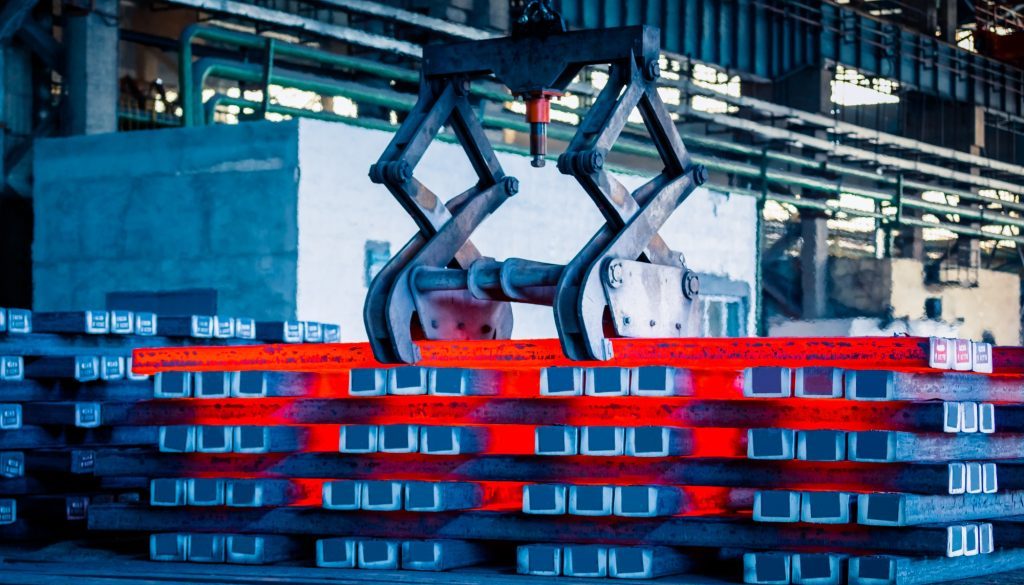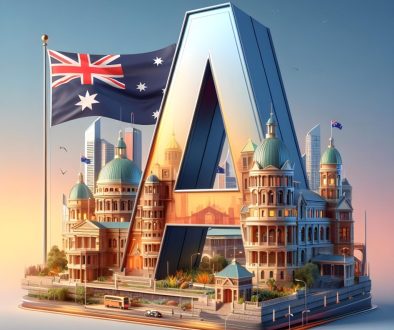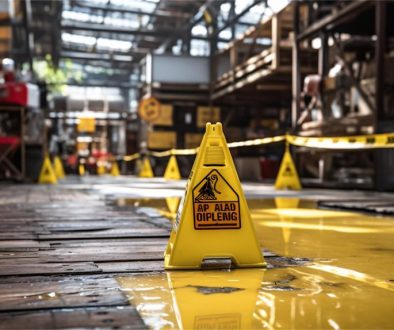Old Tyres and Boots Used in Next-Gen Australian Steel Manufacturing
Old tyres, conveyor belts and rubber safety boots have been used in a novel steel manufacturing process commercialized by Australian steel manufacturer Molycop, which will be offered for export to global EAF operators. The process is the result of a collaborative project between Molycop, the UNSW SMaRT Centre, footwear manufacturer Crawford Boots and the Advanced Manufacturing Growth Centre (AMGC). It involves maximizing the recovery and use of waste rubber as a substitute for imported carbonaceous material (‘coke’) used in Molycop’s Electric Arc Furnace (EAF) in Newcastle. Australia’s waste tyre export ban, which began in December 2021, has been a catalyst for companies to find innovative new processing capabilities (such as water tanks) to reduce the huge tyre landfill problem. The development of this new technology reduces the company’s reliance on imported carbonaceous materials from China by up to 20 per cent. It also removes up to 90,000 tyres from landfill and reduces the steel maker’s electricity consumption and scope one carbon emissions.
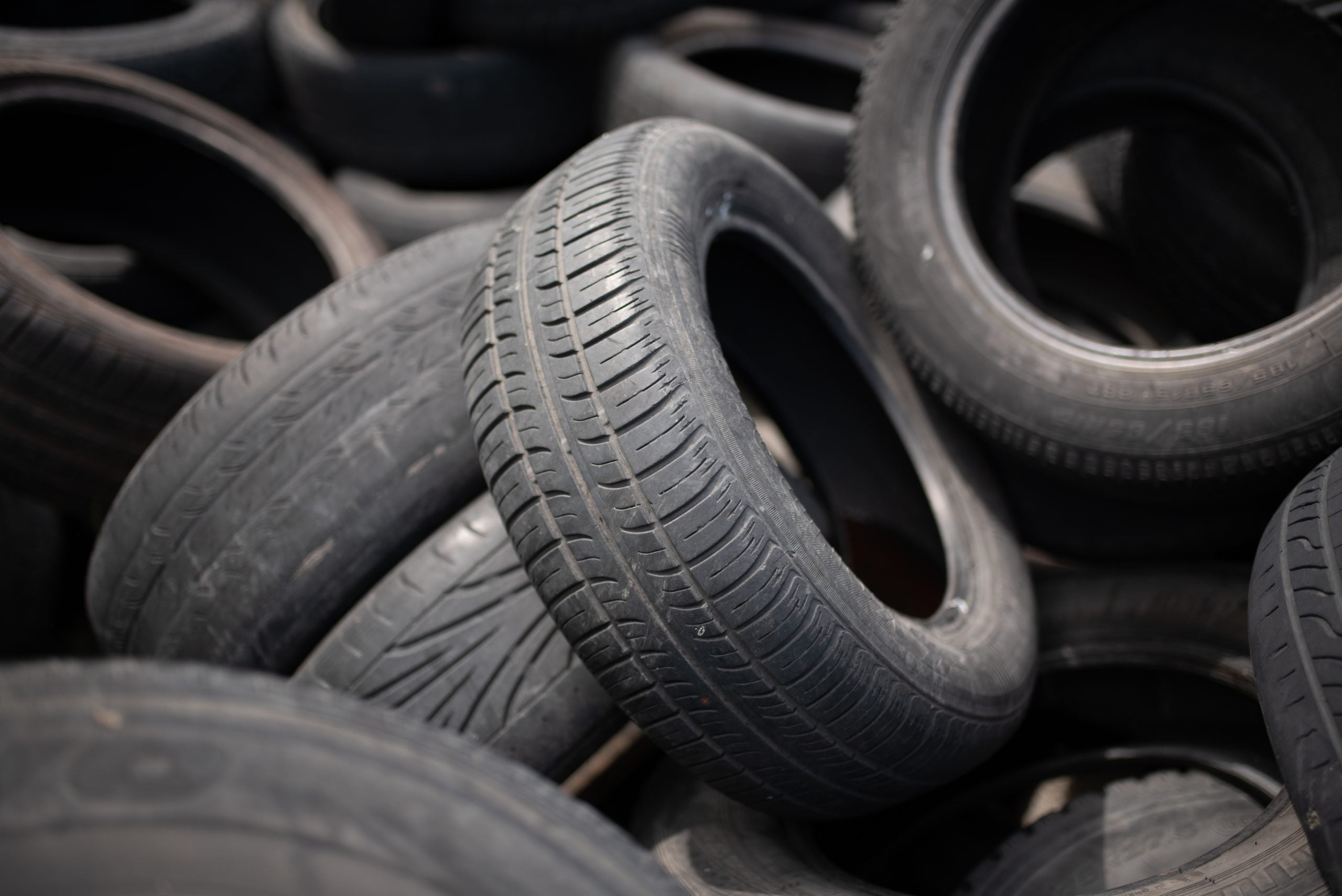
Molycop, alongside its steel fabrication partners, has developed a means to maximize the use of rubber crumb (polymer) as a source of carbon and hydrogen needed in the steel-making process. Molycop produces over 240,000 tons of steel each year for train wheels, billet steel, steel bar and grinding media. Sustainability is core to the company’s strategy and integrated into how Molycop does business, said the company’s President of Sustainability, Ian Tooze. Displacing fossil carbon materials is also a key objective in Molycop’s decarbonization pathway. “We are investing in innovative solutions that improve the ways we reduce the consumption of virgin raw materials, recover valuable materials from waste streams, minimize waste and reduce our carbon footprint while we perform quality management. “What we have developed is yielding results and delivering outcomes for Molycop, our customers and communities in which we operate.” The AMGC said the innovation will help Australia’s steel manufacturing sector to be more competitive, through lowered production and import costs, and be more sustainable through decreased emissions and energy consumption.
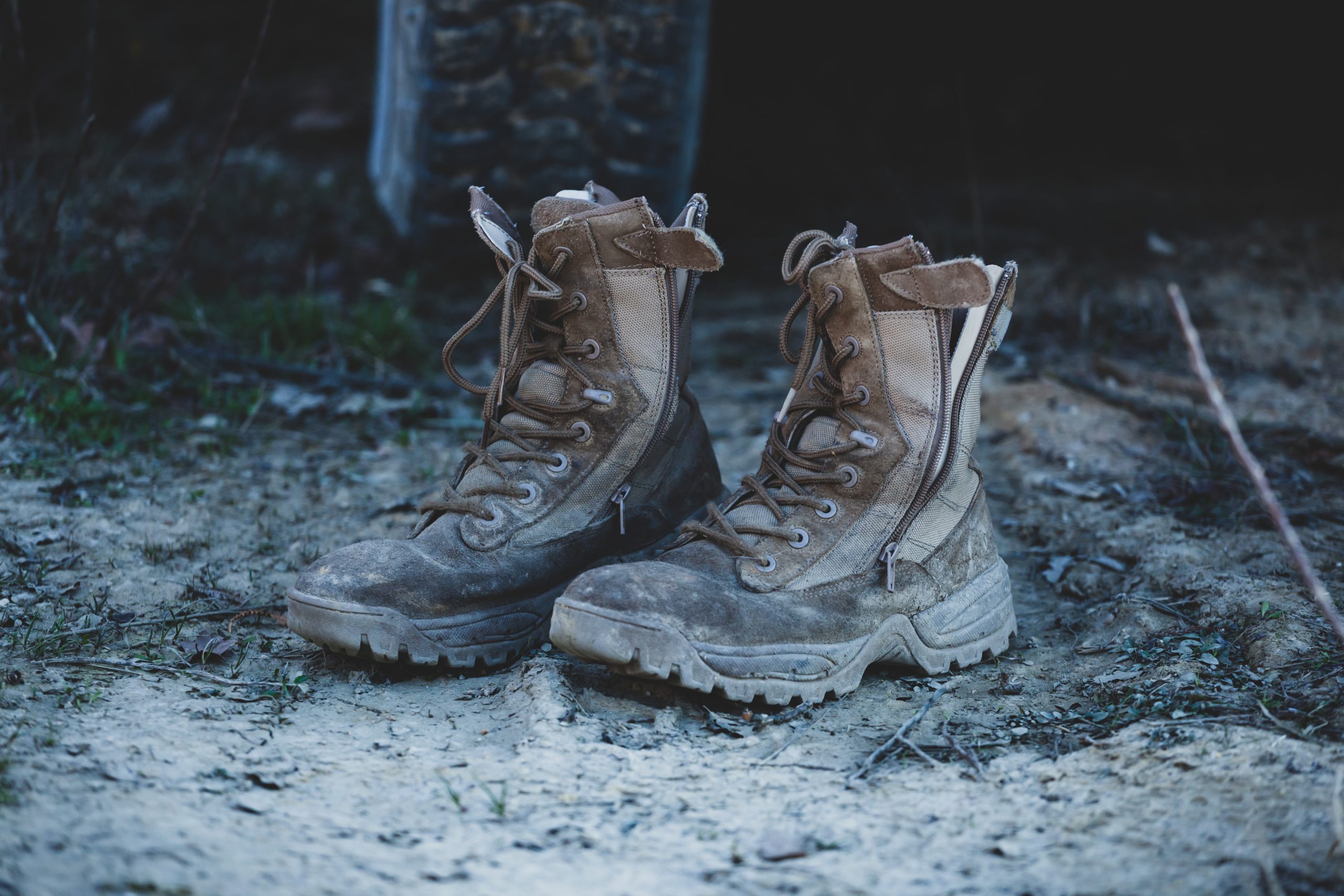
AMGC’s Managing Director, Dr Jens Goennemann said commercializing great manufacturing ideas is where Australia’s future prosperity lies. “Australia has an opportunity to transform from being a lucky country to a smart one through the commercialization of great ideas that have local and global relevance. While the US has floated new steel tariffs based on carbon emissions, Molycop, UNSW and Crawford Boots together have manufactured a product that will reduce emissions and address waste in steel making, while generating more jobs and revenues for the nation – what more could you ask for?” Director of the UNSW Sustainable Materials Research and Technology (SMaRT) Centre, Professor Veena Sahajwalla said it is crucial for manufacturers and researchers to work to tackle environmental issues, while delivering commercial outcomes. “By working collaboratively with Molycop we have been able to prove that polymer injection works and is commercially viable. It is only through partnerships like this that we can truly achieve positive environmental outcomes at scale. I encourage all manufacturers to engage with your local research institution and challenge them with a business issue that needs solving.”

